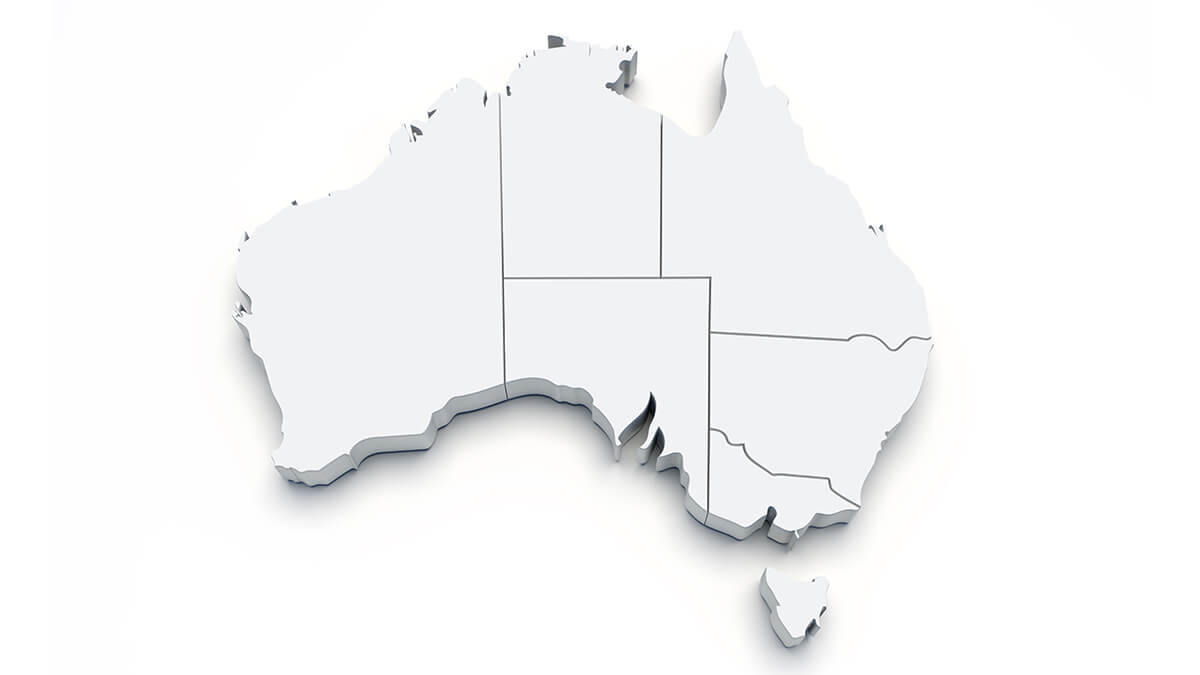In this guide
- What is the SMSF residency test?
- What should I do before I move overseas?
- What happens if you breach the SMSF residency rules?
- Can I return to Australia for a week each year to pass the test?
- Do the residency rules differ for those in the retirement phase?
- Can I set up an SMSF while I’m living overseas?
- The bottom line
- Get more guides like this with a free account
Growing numbers of Australians spend time living overseas for work or in retirement, and if you plan to be one of them and you have an SMSF, you need to be aware of the strict residency requirements.
Failure to comply with these residency rules could result in the loss of tax concessions for your SMSF, financial penalties imposed on you personally, or even the forced winding up of your fund.
The tax concessions available under Australian superannuation legislation are worth protecting, especially for higher-income earners on high marginal tax rates.
Member contributions and fund earnings in compliant Australian super funds are taxed at the concessional rate of 15%, instead of your marginal tax rate, up to certain contribution limits.
A requirement of being a ‘complying superannuation fund’ is that your SMSF meets the definition of an Australian super fund, and this can only be achieved where the three ‘residency test rules’ are adhered to.
Until proposed reforms (see above) are legislated, it’s important to understand the current rules.
What is the SMSF residency test?
There are three residency rules or conditions that an SMSF must meet to be classified as an Australian super fund.
Rule 1: The establishment test
The SMSF must have been established in Australia or at least one of the fund’s assets must be located in Australia, for the entire financial year.
The SMSF is ‘established in Australia’ if the initial contribution was paid and accepted by the trustee of the fund in Australia.
This is the simplest of the three tests and would not often be an issue. It is often met with the establishment of the fund and the opening of an Australian bank account that is maintained for the fund.
Rule 2: The central management and control test
The SMSF’s ongoing management, administration and decision-making must usually be conducted in Australia.
It’s important to remember that all members of an SMSF must also be trustees responsible for ensuring its legal compliance. While trustees can obtain professional advice to help them with SMSF management and compliance, the residency rule cannot be outsourced to a professional adviser.
It is possible for trustee functions to be temporarily done outside Australia for up to two years, enabling fund members/trustees to temporarily relocate.
However, the two-year rule does not apply if central management and control is permanently moved outside Australia, even if you end up staying away for less than two years.
This is essentially an intentions-based test. If you depart Australia with the intention of being away for more than two years, then you would fail this test when you depart Australia.
It is also worth noting that if you move overseas temporarily for less than two years and end up staying longer than two years due to events beyond your control, then you may fail the test at the two-year mark. However, any mitigating circumstances will be taken into account.
While the government has proposed extending the so-called two-year safe harbour test to five years, experts say it will do little to improve the contradictions in the existing test. It would be much better, they argue, to make the five years apply regardless of whether the absence is temporary or long term and regardless of whether circumstances change over time, if central management and control is outside Australia for less than five years.
2026 SMSF calendar
"*" indicates required fields
Alternatively, provide an amnesty period for funds to fix the problem if they no longer meet the test, rather than run the risk of becoming non-compliant immediately, as could happen now.
See ‘What happens if you breach the SMSF residency rules?’ below.
Rule 3: The active member test
The fund’s active members (that is, members making fund contributions or having contributions made on their behalf) must be Australian residents and they must hold at least 50% of the fund assets (or at least 50% of the amounts payable to members).
For example, where an SMSF has four members, and only three of these members make contributions or have contributions made for them, then that SMSF would have three active members. To satisfy the 50% test, the balances of these three members would need to be at least 50% of the overall fund balance.
Alternatively, a fund with no active members that meets residency rules 1 and 2 can still be classified as an Australian super fund.
The proposed reforms would remove this third rule and allow SMSF members who move overseas and are no longer Australian tax residents to continue contributing to their fund.
This will remove potential sticking points, such as your multi-generation SMSF becoming a non-resident fund for all members if your adult children move overseas and continue making contributions when you are retired and no longer contributing.
What should I do before I move overseas?
If you are thinking of moving overseas for an extended period and don’t want to risk breaching these rules, you should probably consider getting professional advice about maintaining your residency status.
To avoid the risk of your SMSF becoming non-compliant due to residency issues, any member who is not currently resident in Australia should avoid making contributions or having any contributions made on their behalf, to ensure they are not an active member.
Instead, any contributions should be made to a retail or industry super fund. These account balances can be rolled over into an SMSF if and when the member/trustee returns from overseas and when the three residency tests can be met.
What happens if you breach the SMSF residency rules?
SMSFs that fail to satisfy any of the three residency rules are likely to be classed as non-compliant by the Australian Taxation Office (ATO). This can result in the fund’s assets being frozen and its income (member contributions and investment earnings) being taxed at the highest marginal tax rate (45%).
The ATO also has the power to order the winding up of a non-compliant SMSF and transfer its members’ funds to a public super fund.
However, the ATO will take any mitigating circumstances into account before imposing a penalty on an SMSF that breaches any residency rules, as highlighted by two recent decisions below.
Can I return to Australia for a week each year to pass the test?
If you’re living overseas for an extended period (more than two years), returning to Australia briefly each year won’t satisfy residency rule 2, that the ongoing management and decision-making of the fund is in Australia.
The central management and control test does not reset with a temporary trip back to Australia.
In addition, if you make contributions to your SMSF during this time, you’ll be in breach of residency rule 3 (that an SMSF’s active members must be Australian residents). You wouldn’t be an Australian resident for tax purposes while you’re living permanently or for an extended period overseas, which means you wouldn’t be entitled to super tax concessions via your SMSF.
Do the residency rules differ for those in the retirement phase?
No. As income from SMSFs in the retirement phase is tax free, a breach of any of the three residency rules can result in the ATO removing this tax-free status.
You can be an eligible active member of an SMSF and make contributions even when you’re in retirement phase, but you still need to satisfy SMSF residency rule 3 (that is, be an Australian resident).
And even if you’re not making SMSF contributions and are spending your retirement years travelling, it’s important that you don’t stay away from Australia for longer than two years. Otherwise, you won’t comply with SMSF residency rule 2 (that the ongoing management and decision-making of the fund occurs in Australia) and will risk the tax-free status of your pension.
You can’t simply avoid this issue by not receiving pension payments while you’re living overseas for more than two years. That’s because there are minimum annual pension payments that you must receive to comply with super legislation. This amount depends on your age, as indicated in the table below.
Can I set up an SMSF while I’m living overseas?
Arguably yes, provided you return to live in Australia within two years of setting up your SMSF. Of course, you need to satisfy all three of the residency tests at all times.
The bottom line
Australian superannuation legislation provides generous tax concessions for compliant super funds, but there are three residency rules that an SMSF and its members/trustees must satisfy to be eligible for these concessions. Failure to satisfy any of these rules can result in your SMSF having its assets frozen or its income taxed at the top marginal rate of 45%.



Leave a Reply
You must be logged in to post a comment.